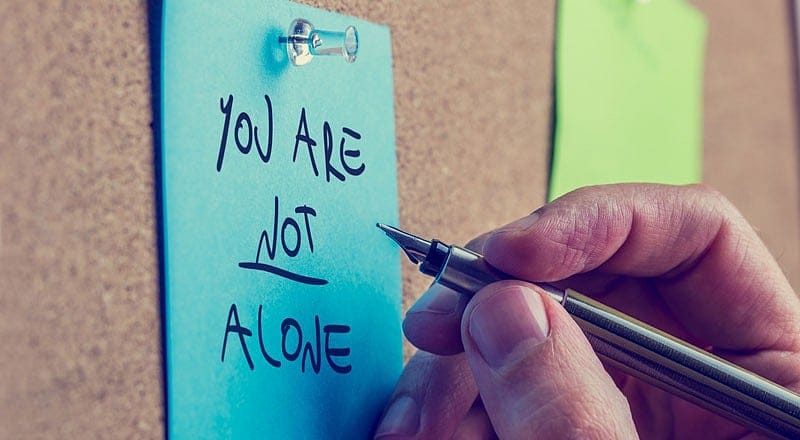Listening and learning: How to deal with a loved one’s abortion

The following are from the book "Markings of Mercy: The Story of After Abortion Helpline."
One day, almost 40 years ago, my doorbell rang. My friend, Jane, was at the door. I invited her in and we sat down in my living room to visit. Jane began our conversation with: "I have something to tell you. A few months ago I went to another country and had an abortion."

